Apparel Wool, Meat for a Feast






Sisters Back Themselves in Sheep Industry
Their family runs a mostly sheep enterprise, with Merino ewes which in the past were bred with Poll Dorset rams to target local and export markets.
But in the past year they have moved away from crossbreds to now running dual purpose Dohne Merinos with traditional Merino wool traits and good meat qualities.
The sisters have a shared passion for sharing the truth about the sheep industry and after seeing continued misrepresentation in the mainstream media and on social media, they decided to do something about it. Continue reading →
‘Cracking’ sheep sale at Hay
With 15,000 sheep offered at Hay last Friday, the sale was described as “very strong considering the season” by Landmark Hay manager Geoff McDougall.
“There were opportunities for buyers with feed to grow the stock out, but vendors were also happy with their prices,” he said. “Most of the sheep were in good order and a credit to the vendors”. Continue reading →
Bare breech for Wakool ewes
Wakool district sheep producer Craig Basham said the decision to focus on breeding Dohne as the basis of his family’s sheep enterprise was due to their bare breech, so he didn’t have to mules.
Mr Basham along with his wife, Tammy, and son, Bradley, run 2000 Dohne ewes in a self-replacing flock alongside 170 cows on the 2630 hectare property, “Yallawa”, which has been in the family since 1957 when his grandfather started share farming. Continue reading →
Wool and meat benefits
A MERINO breeder of three generations at Graman near Inverell, Wayne Lowe turned to Dohnes 10 years ago for their dual wool and meat benefits. Continue reading →
The ‘best of both worlds’
BOTH carcase and wool quality are achievable using dual purpose Dohne genetics, says Barker Trading Partnership owner, Wal Barker, “Cooroora”, Grenfell.
He owns and leases land for his mixed farming enterprise across a total of 1821 hectares.
Previously a pure Merino breeder of many years, Mr Barker said they changed to Dohnes when the wool prices slumped and did not pick up for 15 years.
“We were selling wether lambs and thought we better have a better body,” he said.
Mr Barker now joins 3400 pure Dohne ewes to lamb in September. His flock is self-replacing and he retains up to 90 per cent of the ewe lambs each year. Continue reading →
Sheep part of the Panizza plan
Nick and Simon have both returned to the farm to work alongside their parents and grandparents in the 5000 hectare mixed enterprise and say the family has always run sheep on their owned and leased properties. “We moved here from Southern Cross in 2003 and we’ve had Dohne ewes since then,” Nick said. “We’ve found the fertility of the Dohnes is better than Merinos and they’ve got the meat side of things too. Continue reading →
Contact Us
Association Secretary
Kaye Butler
P: 0477 889 748
secretary@dohne.com.au
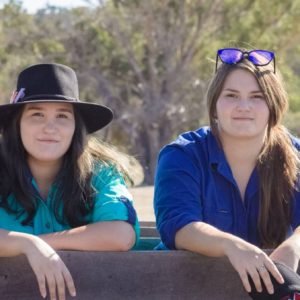


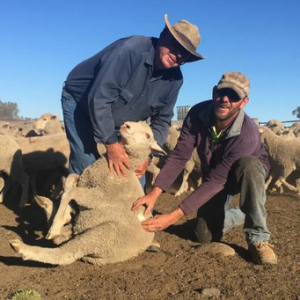
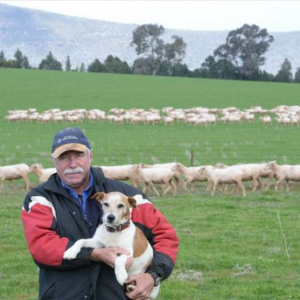
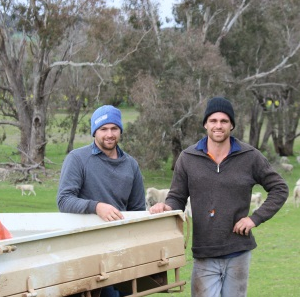




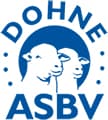
 Facebook
Facebook YouTube
YouTube Instagram
Instagram